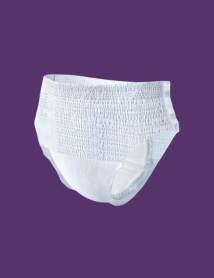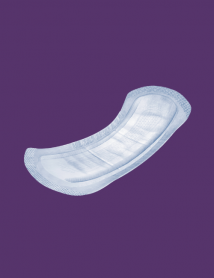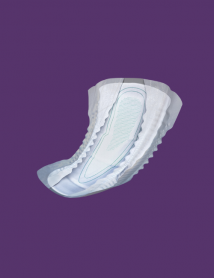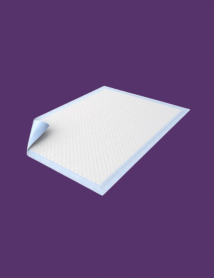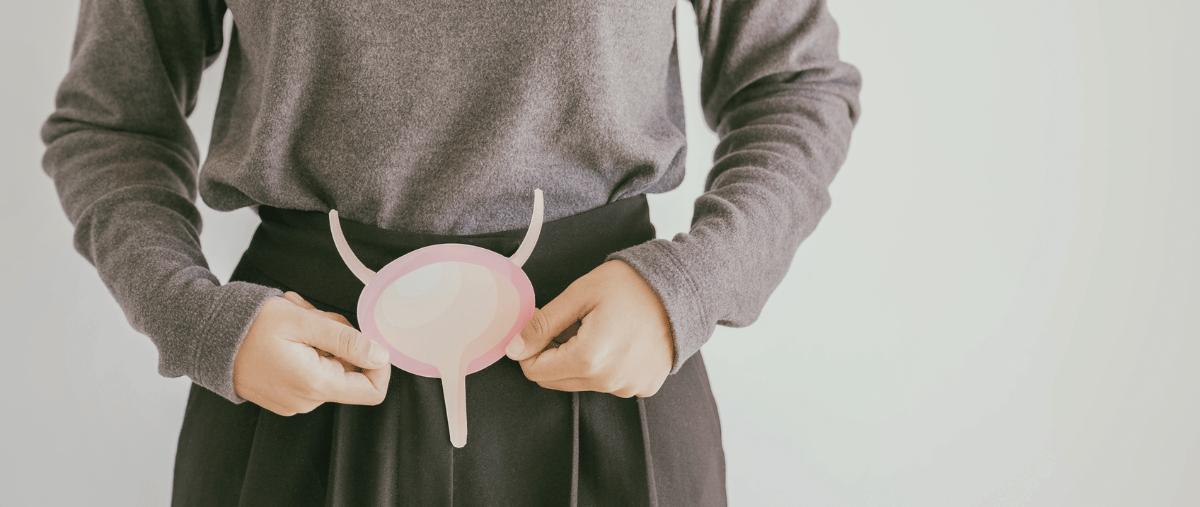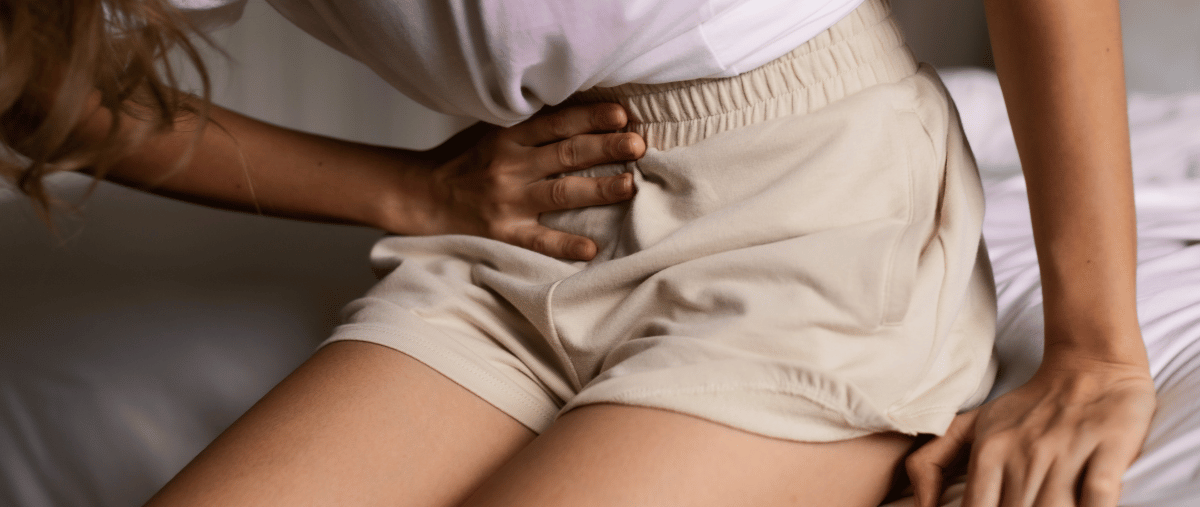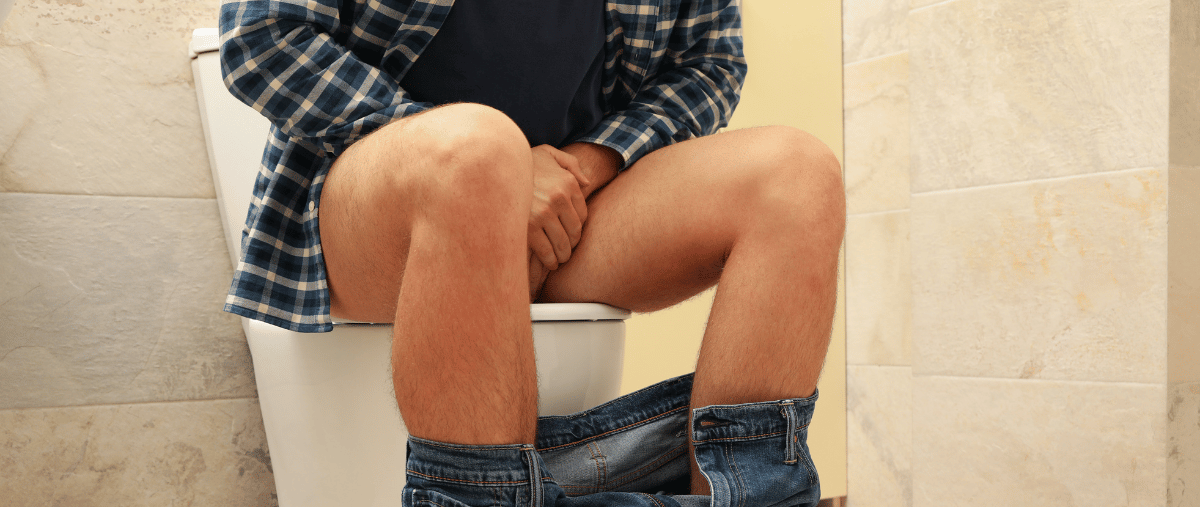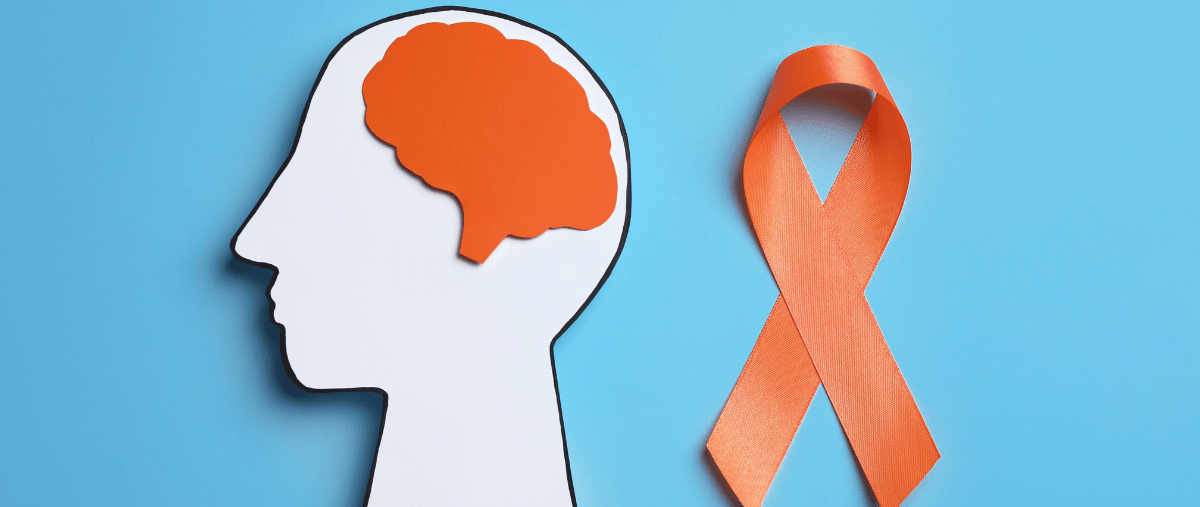
Find the product that suits
your type of urine loss.
It is important that you feel safe & protected.
But which incontinence product suits you best?

Premium quality
& best prices.
Buy your incontinence products
we produce carbon neutral.
Unicare Company provides affordable healthcare for everyone.
We help our customers to improve patient outcomes at a lower total cost and with greater resource efficiency. Our Dailee Premium products designed for active, mobile people.
Incontinence Slips
Our Dailee Performer products, specific for institutional usage, with focus on ease of use to ensure optimal user friendliness for the caregivers.
Knowledge center
Incontinence is a condition in which urine and/or faeces cannot be held. Incontinence leads to accidental loss of urine and/or faeces. A person who is incontinent has partially or completely lost control of the sphincter muscles of his bladder and/or bowel.
One cause of incontinence is that certain bodily functions no longer function properly. Incontinence can also be the result of a physical condition, a neurological condition or a surgical procedure. It is important to find out with your general practitioner or specialist what the cause of your incontinence is in order to start with the right treatment.
About 1.5 million people in the Caribbean have to deal with some form of incontinence. Many people are ashamed or afraid of unpleasant odors. Some types of incontinence can be treated. In addition, there are all kinds of incontinence materials available to deal with the inconveniences of incontinence. There is suitable incontinence material for every form of incontinence. Reimbursement by your health insurance is possible.
There are two types of incontinence: urinary incontinence and faecal incontinence. Both types of incontinence have their own symptoms.
Urinary Incontinence
There are different types of urinary incontinence. These are the four most common types.
Stress incontinence
With stress incontinence, you lose urine when there is pressure on your bladder. For example when coughing and sneezing. Or during certain efforts such as laughing, lifting, climbing stairs, running or jumping. That is why it is also called exercise incontinence. It is the most common form of urinary incontinence in women. Changes in the urethra due to, for example, childbirth or menopause are possible causes. In men, a malfunctioning urethra is often the cause.
Urge incontinence
Urge incontinence (or overactive bladder) is when you feel a sudden, compelling urge to urinate, followed by uncontrolled leakage of urine. As soon as you feel the urge to urinate, you are already losing urine. Possible causes: a urinary tract infection, bladder overactivity, neurological disorders or dementia.
Mixed Incontinence
Mixed incontinence occurs in a third of cases. You then lose urine when there is pressure on the bladder and when you suddenly feel the urge to urinate. With mixed incontinence, you have the symptoms of both stress and urge incontinence.
Overflow incontinence
When you lose urine uncontrollably with an overflowing bladder, you have overflow incontinence. Holding urine for too long can cause your bladder to become enlarged and become hypersensitive. As a result, your full bladder can no longer handle the pressure and ‘overflows’. Symptoms include dripping or dripping urine and frequent urges with only a small amount of urine coming out. Overflow incontinence usually occurs in older men with an enlarged prostate.
Faecal incontinence
With stool incontinence you have one or more of the following symptoms:
- You lose stools unintentionally, you cannot hold your stools, you feel no urgency.
- You feel itching, pain and irritation at/around your anus
- You can’t stop yourself from blowing wind
- You lose mucus from your anus
Both urinary incontinence and stool incontinence can have different causes. In women, the most common cause is a malfunctioning closing mechanism of the bladder, sphincter or pelvic floor. In men, the most common cause is an enlarged prostate.
Causes of Urinary Incontinence
Urinary incontinence can arise from various causes. Examples are weight gain, diabetes, muscle weakness, urinary tract infections, bladder overactivity, a malfunctioning urethra, permanent blockage in the intestines, surgery, neurological disorders or dementia. Pregnancy, hormone changes (for example due to childbirth or menopause) and hysterectomy can also lead to urinary incontinence in women. An enlarged prostate often plays a role in men. Your age, smoking and the use of medicines may also play a role.
Causes of Faecal Incontinence
Faecal incontinence can have various causes. Possible causes are:
- Damage or slackening of the sphincter in the anus
- Damage to the nerves that control the sphincter and pelvic floor muscles (for example, due to MS or Spina Bifida)
- Prolapse of the rectum
- Chronic intestinal infections
- (Overflow)diarrhea
Why choose our incontinence products?
Unicare Company is committed to being a frontrunner in sustainable incontinence supplying and providing eco-friendly options to meet and exceed consumer expectations.
Stay up to date with the latest news & press releases.
Provides general information about our products, promotions and knowledge about incontinence topics.


